



£11.62. That's how much I've currently spent on discounted PC games as part of Steam's ten day 'Summer Camp' sale. It's not a lot of money, but we're less than halfway through the event. Last week I detailed what I consider to be 11 overlooked bargains in the Steam Summer Sale, but I've got all of those games already. Valve, however, has found a way to keep me spending.
Steam is the model that all other digital platforms should strive to imitate but, when it launched as a beta alongside Counter-Strike 1.6 in 2002, I said I would never buy a digital product from Valve's platform in my entire life. I lost: I now have 258 games in my Steam library. Just how did Valve make a piece of software that so utterly and comprehensively annihilates rival platforms such as Xbox LIVE, PlayStation Network, GamersGate, and Direct2Drive?
Steam operates on foundations of a solid infrastructure, seemingly decent security practices, and an excellent software client, but its real power - which the company so effortlessly exhibits with promotions like the Summer Camp sale - is that Valve has turned basic retail practices into a game in itself, and that's an idea you can easily sell to the millions of gamers with active Steam accounts.
While most of the entire Steam catalogue is discounted during the promotion, at the heart of Valve's retail game is the discounts themselves, which change every day at 6pm - so you go back and check every day at 6pm. There is enough interest in these to crash Steam, and if you do actually buy something at this time you certainly won't be able to install it for a couple of hours due to server strain. It's up to you to decide whether this is Valve being lazy, or simply unable to supply demand, but either way it shows that people are clamouring for these offers.
Extremely competitive deals are a foolproof way of getting people to experience certain products and widen their gaming horizons - it introduced me to the wonderful SpaceChem, for instance, which is quickly becoming one of my favourite experiences of 2011.

But Valve isn't stopping with discounts alone. The real genius comes from a multi-pronged approach. First Valve temporarily slashes the price of particular games to make them hard to resist, and then it encourages people to actually load up the game in question and play it enough to get a taste of what it's about. Grab the required in-game achievement and you'll be given a ticket, and your grand total of tickets is added up and displayed prominently on your Steam profile. Each day of the campaign offers up seven new challenges for players, giving a grand total of 70 possible tickets. You almost definitely won't be able to get them all.
For playing Valve's little metagame you get access to a range of prizes. The grand prize is a raffle that awards 100 users the top 10 games on their Steam wishlist (which has the side-effect of encouraging users to fill out their own personal wishlist, of course) and each ticket you earn over the promotional period gives you one entry into the final draw.
But you're also offered a selection of DLC items for a range of Steam games, including Homefront, Defence Grid, Monday Night Combat, SpaceChem, Dawn of War II: Retribution, Killing Floor, Magicka, Men of War, Team Fortress 2, and Portal 2. Each item can be redeemed for three of your hard earned tickets.
The Team Fortress 2 sunglasses and Portal 2 snorkel are items exclusive to the promotion, but I've always fancied Defence Grid's Resurgence Map Packs and have never quite wanted to splash out the £3.16 it costs to buy them. I've also got my eye on the SpaceChem DLC; in three days I've gone from barely knowing anything about SpaceChem to actively wanting extra content for the game, and it's all because of this sale.
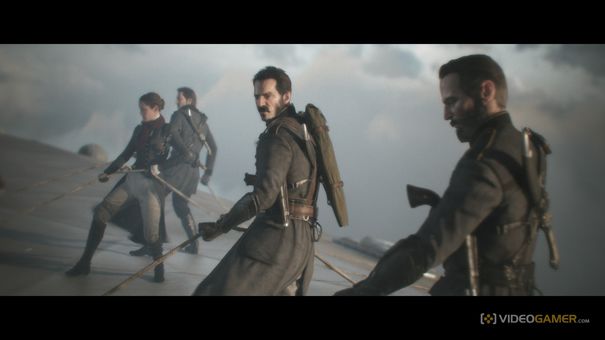

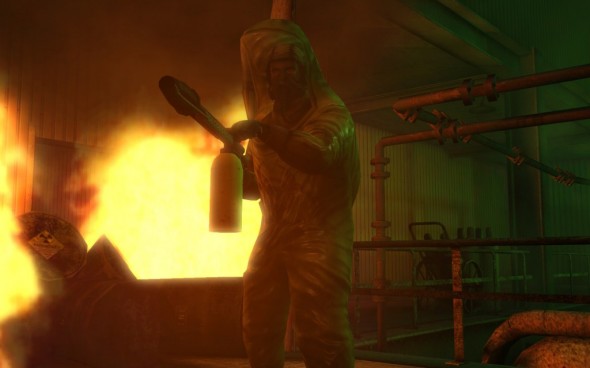
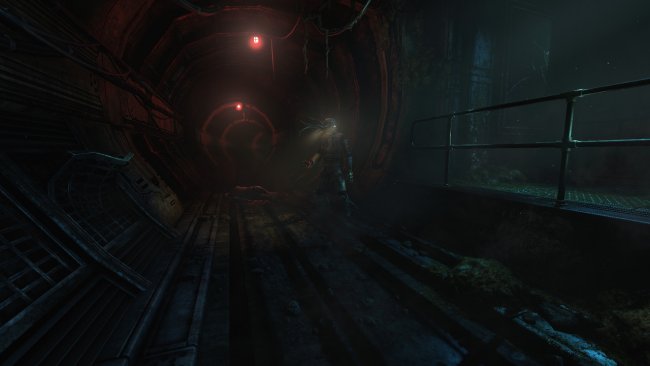
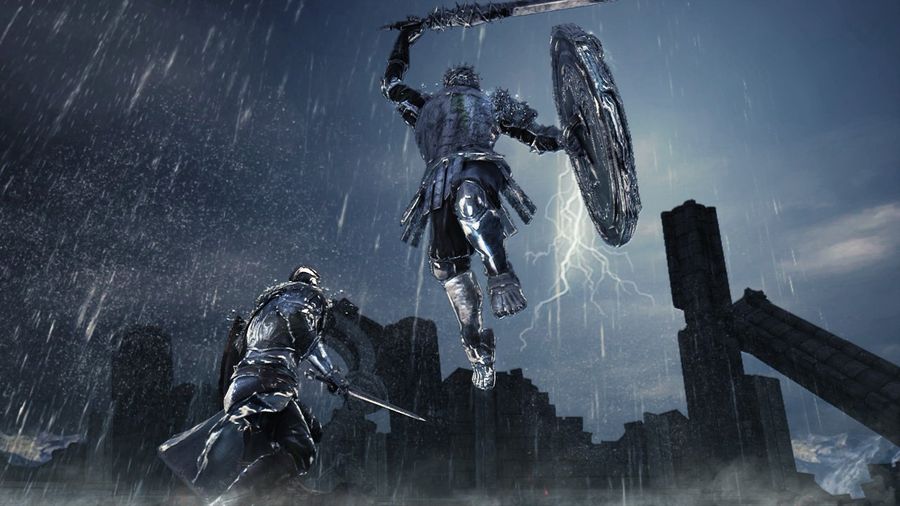 Dark Souls 2 Character Leveling Guide
Dark Souls 2 Character Leveling Guide Middle-earth Shadow Of Mordor Guide: Hunting Challenge Guide
Middle-earth Shadow Of Mordor Guide: Hunting Challenge Guide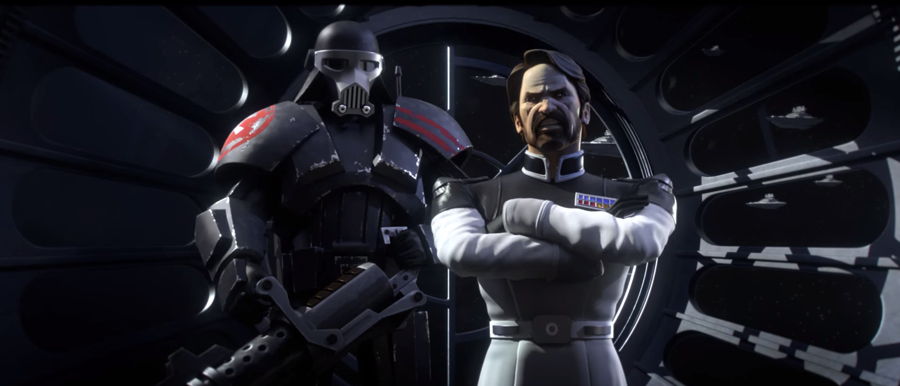 Star Wars Uprising Guide: Fast Leveling Guide
Star Wars Uprising Guide: Fast Leveling Guide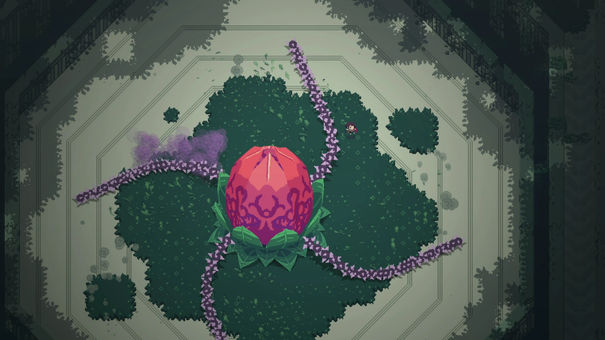 . Plays, 11th April 2015
. Plays, 11th April 2015 Metal Gear Solid 5 The Phantom Pain Guide: Afghanistan Side Ops Guide
Metal Gear Solid 5 The Phantom Pain Guide: Afghanistan Side Ops Guide